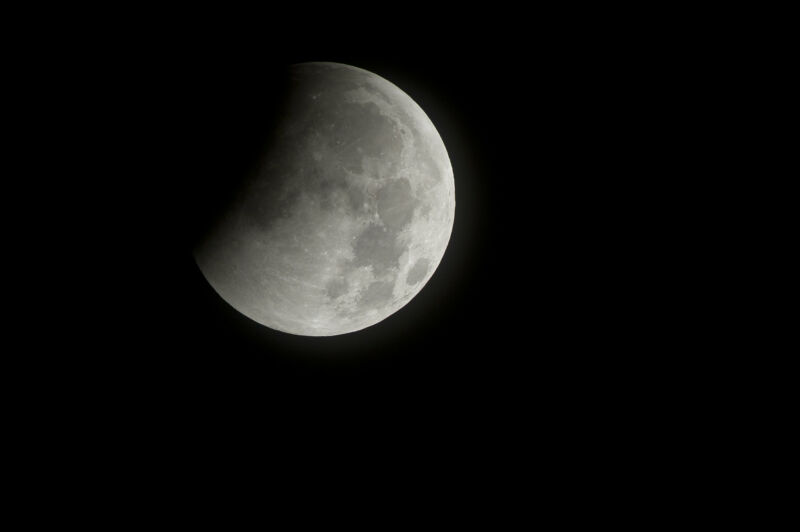
NASA Administrator Jim Bridenstine announced Thursday that the space agency will seek to purchase between 50 and 500 grams of lunar regolith from one or more commercial providers.
In its newly issued "request for quotations," NASA is asking private companies to submit bids for the work. As part of the competitive process, NASA may select one or more companies but will only pay the bulk of the contract price—80 percent—upon delivery of the materials.
NASA has made one important concession as part of its contract, allowing that "delivery" of the materials may take place on the Moon.
According to NASA's proposal, a company may collect material from any location on the Moon's surface, and may include both rocks, lunar dust, or any ices. The chosen contractor does not need to do any assessment of the materials collected, but it does need to provide photos of the lunar regolith and information about where it was collected.
"NASA’s awarded amount of this contract is not dependent on the quantity of lunar material collected," the document states. The agency says it will pay between $15,000 and $25,000 for each cache.
A big deal for ISRU
After the material is collected, a company will then effectively turn the collection over to NASA, which will pay for it, and then collect the material at a later date. The goal is to have the first material gathered by 2024.
Speaking at the Secure World Foundation's Summit for Space Sustainability on Thursday morning, Bridenstine said one goal of the proposal is to create a norm for this kind of commercial activity within the Outer Space Treaty. Like on Earth, he said, "You do not own the ocean, but you own the tuna."
While this may seem trivial—having a private company cache samples on the Moon, for a paltry amount of money, that the space agency may or may not ever study or return to Earth—it is a rather bold statement of intent on the part of Bridenstine and NASA. It suggests a policy of supporting in-situ resource utilization, or ISRU, and could be the first step toward tapping into space resources.
There has been much talk over the last decade of mining asteroids for rare metals or collecting water ice from the lunar poles. But these are big, hard, expensive things to do. What NASA's announcement has done is signal to companies that it is a potential customer for lunar resources.
To make a viable business of mining, processing, and delivering space resources will involve many steps, but the first one is establishing a market and stimulating companies begin to think about how they could efficiently collect materials on the Moon and elsewhere. Today, NASA has taken that first step.
"gather" - Google News
September 10, 2020 at 09:40PM
https://ift.tt/32iZpB4
NASA says it will pay private companies to gather Moon rocks - Ars Technica
"gather" - Google News
https://ift.tt/2Sqdbwp
https://ift.tt/2Yjhqxs
Bagikan Berita Ini














0 Response to "NASA says it will pay private companies to gather Moon rocks - Ars Technica"
Post a Comment